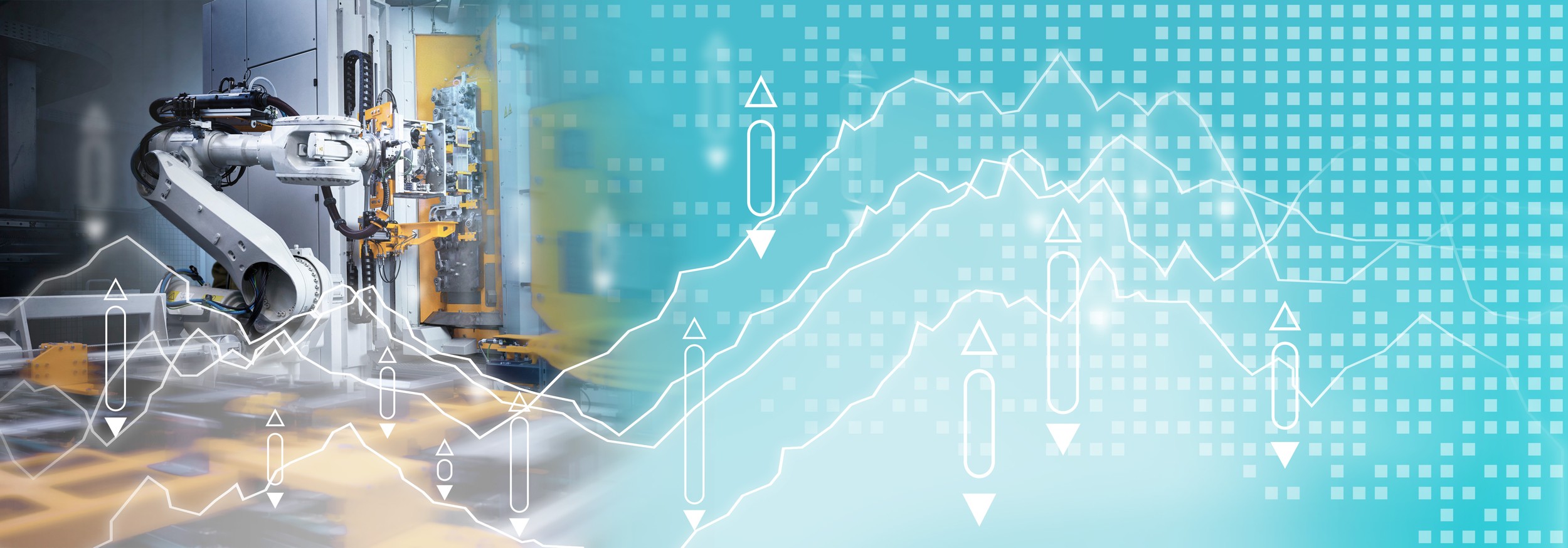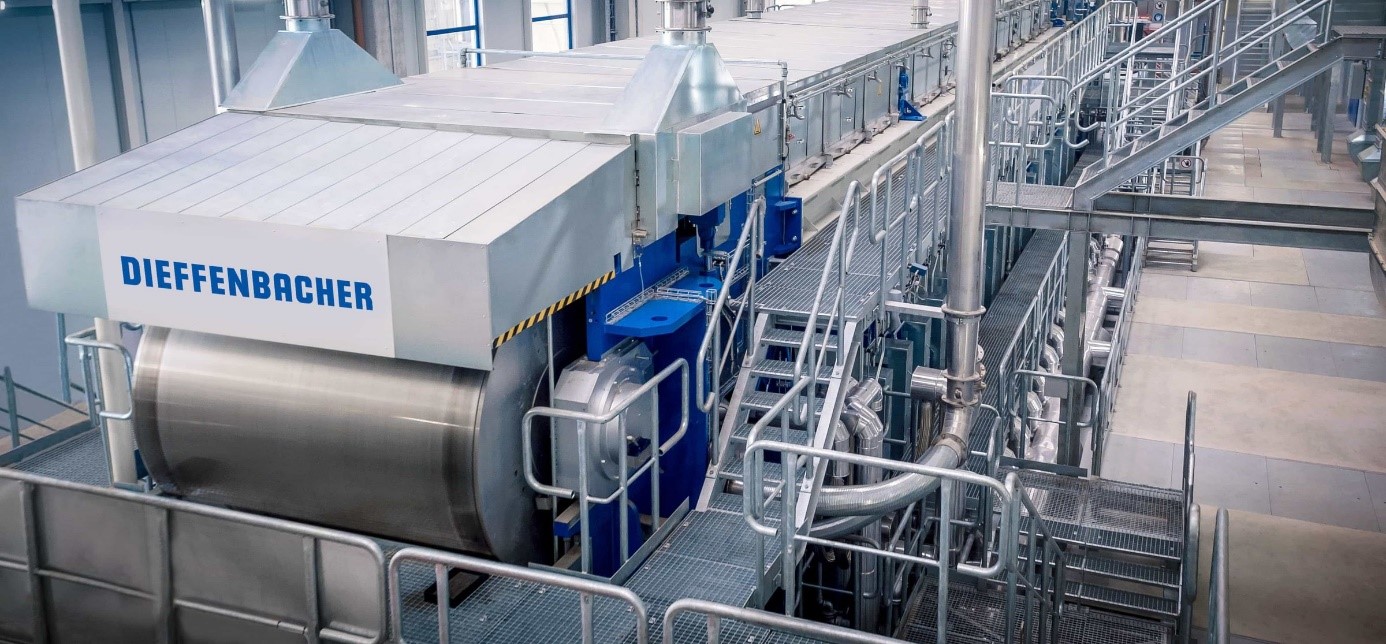We develop AI processes for industry and bring them into long-term productive operation. To do this, we do not simply use "ready-made solutions from a kit", but have a fundamental understanding of the topic.
Strengthen your competitiveness by using artificial intelligence in industry. AI promises greater efficiency, shorter start-up times, higher quality and much more. But can AI achieve this?
Our experience shows that it can: Yes, if you do it right.
Here are some examples of applications from our portfolio. We have developed specially adapted methods and software solutions for our customers.
Quality prediction
By analyzing historical production data, models can be trained to identify potential quality problems at an early stage. These predictions enable manufacturers to take proactive measures to reduce rejects. Another application is the targeted parameterization of systems to minimize resource consumption for a defined quality target.
Anomaly detection
Durch die Auswertung von Anlagendaten werden Modelle geschaffen, die den Betriebszustand einer Anlage erkennen. Abweichungen von diesem Zustand, die auf potenzielle Defekte oder Probleme hinweisen könnten, werden als Anomalien erkannt. Dies ermöglicht einen frühzeitigen Eingriff, um Ausfälle zu verhindern. Maschinelles Lernen kann dabei komplexe Muster erkennen, die von traditionellen statistischen Methoden übersehen werden könnten.
Root Cause Analysis
Faults and anomalies in industrial systems often propagate and result in a so-called alarm shower, i.e. several simultaneous alarms at different points. This makes it difficult for operators to identify the cause of the fault and address it in a targeted manner. We use techniques that combine causal models and machine learning to localize the causes of faults in the patterns of a complex plant condition.
Parameter optimization and process control
In addition to data analysis and forecasting, AI models can also be used for active optimization interventions. Parameter optimization makes suggestions for process settings based on the currently prevailing conditions, recipe properties, and so on. Human-in-the-loop approaches are often used here, where the operators can still modify the suggestions. Process control goes one step further and intervenes in the process in real time.
Runtime monitoring and customization
Systems in productive use change over time. Causes include fluctuating input materials, wear and maintenance, structural modifications and so on. To ensure the long-term operation of an AI solution, it must be able to adapt to relevant changes in the systems and processes. We are talking about drifts here. Our "AutoDrift" software package enables the automatic detection and adaptation of AI models to such drifts. This ensures long-term operation.
 Fraunhofer Institute of Optronics, System Technologies and Image Exploitation IOSB
Fraunhofer Institute of Optronics, System Technologies and Image Exploitation IOSB 

